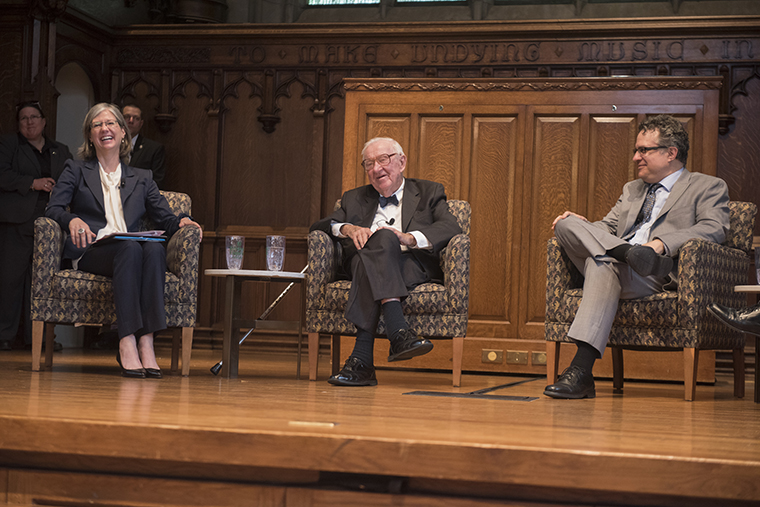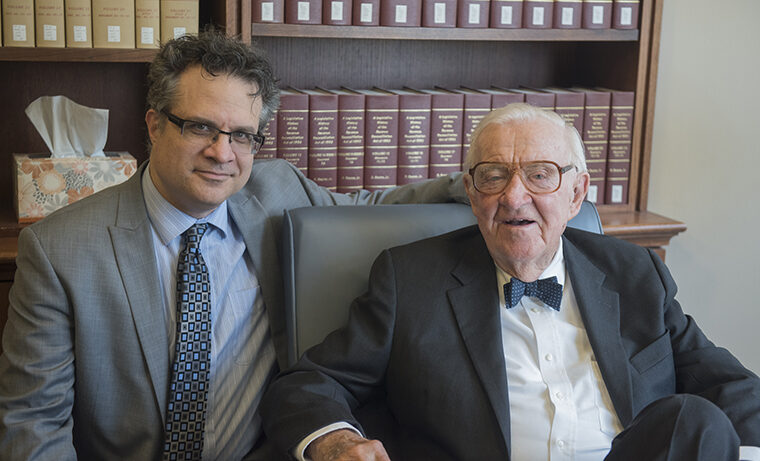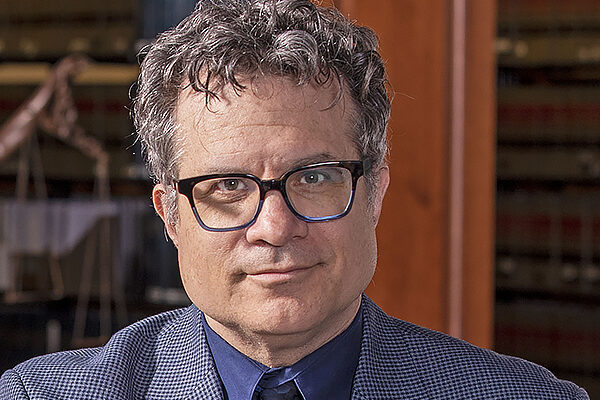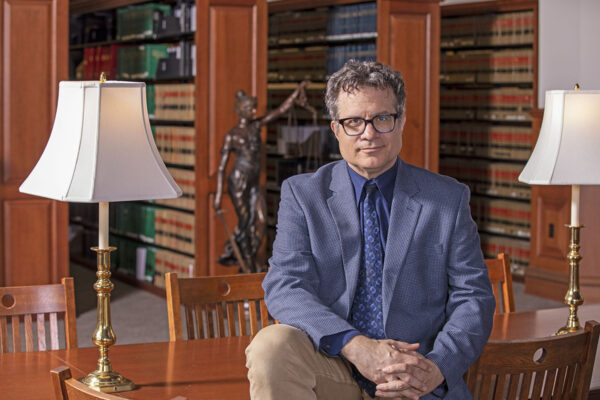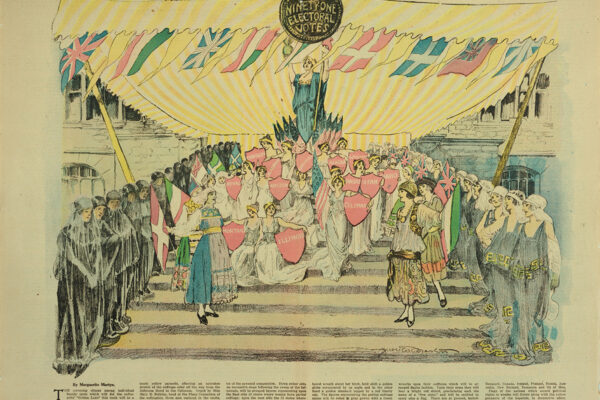Constitutional law expert Greg Magarian, the Thomas and Karole Green Professor of Law at Washington University in St. Louis, served as a judicial clerk for Justice John Paul Stevens of the U.S. Supreme Court.
He offers this remembrance of the former justice:
“John Paul Stevens was one of the greatest justices who ever graced the Supreme Court. He was brilliant, thoughtful and committed. He had the best quality of good lawyers: the tendency to constantly question and reconsider his own preconceptions.
“Early in his career, he strongly opposed affirmative action on the ground that it was unfair. Over time, he saw racial injustice in many forms come before the court, and he grew in his understanding about what was really fair and unfair. He spent his first nine years on the court as the junior or second from junior justice, and he earned a reputation in those years as a brilliant but quirky jurist who often thought idiosyncratically about legal questions. Later in his career, when his long service made him the senior member of the court’s liberal wing, he became a skilled and effective leader. No one was calling him quirky by the time he retired.
“Justice Stevens’ greatness is visible to everyone in his many judicial opinions and his books. Those of us who were lucky enough to know him can bear witness to his abiding decency. He was kind, well-adjusted and humane. He treated everyone around him like a human being. When you met him, you couldn’t stay nervous; he put everyone at ease. He was comfortable exercising the power of his office, but that power never went to his head.
“I remember once I made an innocent but potentially damaging mistake in helping him draft an opinion. When he learned about my error, he told me about it without a trace of anger or impatience. ‘We’ll correct it in conference, don’t worry,’ he said, and that was the last I ever heard of it. Another time, I got carried away with indignation and wrote some absurdly militant language into a draft of his dissent in a death penalty case. ‘Good work,’ he said in his typically genial tone, ‘but I just want to change a few things you wrote here at the end.’
“He lived to be 99; he and we couldn’t fairly ask for more than that. But his passing makes the world smaller and colder. In his mild-mannered, unassuming way, he fought fiercely for a society that would treat women and LGBTQ people as fully human, that would eradicate white supremacy, and where everyone could participate fully in public discussion — in politics, and in civic life. No one can replace him; we all have to pick up the torch he carried and keep up the fight.”
